Harry is a U.K.-based staff writer at Live Science. He studied Marine Biology at the University of Exeter (Penryn campus) and after graduating started his own blog site "Marine Madness," which he continues to run with other ocean enthusiasts. He is also interested in evolution, climate change, robots, space exploration, environmental conservation and anything that's been fossilized. When not at work he can be found watching sci-fi films, playing old Pokemon games or running (probably slower than he'd like).
Latest articles by Harry Baker
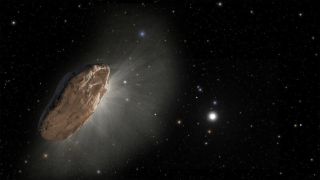
Here we go again! Controversial paper questions whether interstellar visitor 3I/ATLAS is 'possibly hostile' alien tech in disguise
By Harry Baker published
A controversial new paper questions whether the interstellar object 3I/ATLAS is a potentially dangerous alien probe, similar to claims made about 'Oumuamua. But experts have called it "nonsense".
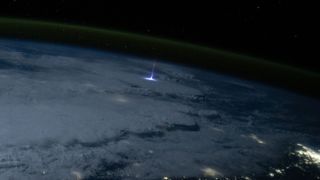
Spectacular photo taken from ISS shows 'gigantic jet' of upward-shooting lightning towering 50 miles over New Orleans
By Harry Baker published
A newly unveiled astronaut photo shows a "gigantic jet" shooting upward from a thunderstorm above Louisiana in November 2024.
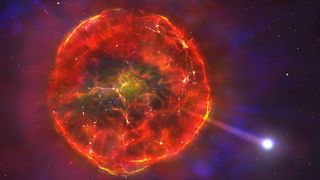
1st supernovas may have flooded the early universe with water — making life possible just 100 million years after the Big Bang
By Harry Baker published
Black holes that have been obscured by clouds of dust still emit infrared light, enabling astronomers to spot them for the very first time
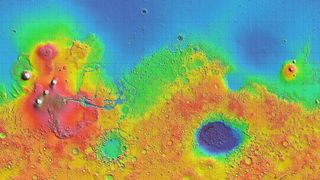
'Marsquakes' may solve 50-year-old mystery about the Red Planet
By Harry Baker published
Scientists say AI has crossed a critical 'red line' after demonstrating how two popular large language models could clone themselves.
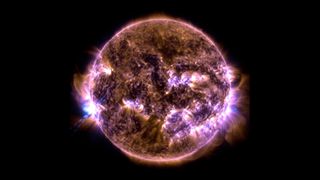
Invisible 'flickering' on the sun could predict potentially dangerous solar flares hours in advance
By Harry Baker published
Images captured by NASA's Solar Dynamics Observatory have revealed that "coronal loops" give off subtle flashes of ultraviolet light before a solar flare, which could act as an early warning system for dangerous space weather.
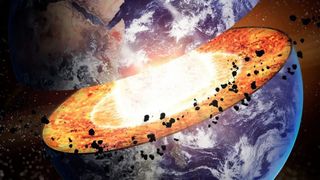
Scientists discover 'sunken worlds' hidden deep within Earth's mantle that shouldn't be there
By Harry Baker published
A new way of measuring structures deep inside Earth has highlighted numerous previously unknown blobs within our planet's mantle. These anomalies are surprisingly similar to sunken chunks of Earth's crust but appear in seemingly impossible places.
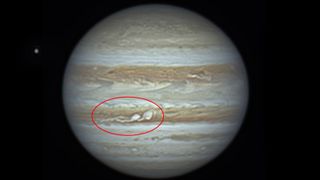
New thunderstorms wider than Earth are spewing out green lightning on Jupiter — and could make one of the gas giant's massive bands disappear
By Harry Baker published
A pair of massive thunderstorms have been spotted swirling in Jupiter's "South Equatorial Belt" and are likely unleashing massive bolts of green lightning. Some experts think the pale clouds could end up altering the rusty band's color — and potentially even making it "disappear."
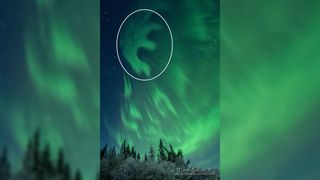
Extremely rare, black 'anti-auroras' paint luminous 'letter E' above Alaska
By Harry Baker published
A "bizarre" E-shaped aurora was recently photographed dancing in the sky above Alaska. The unusual light show was caused by rare black auroras, a.k.a. anti-auroras, which catapult charged particles from the sun back out of Earth's atmosphere and into space.
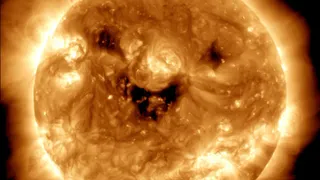
We are fast approaching the sun's 'battle zone' — and it could be even worse than solar maximum, experts warn
By Harry Baker published
Space weather experts warn that solar activity will persist or even increase after solar maximum has ended and we enter a phase of the solar cycle dubbed the "battle zone."
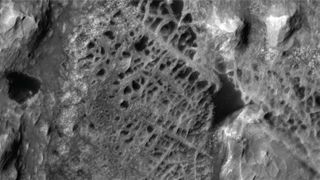
Gigantic 'spiderwebs' on Mars are the next big target for NASA's Curiosity rover, agency reveals
By Harry Baker published
Curiosity has just finished the latest leg of its 12-year Mars mission and will now set out to explore miles of web-like surface features left behind by ancient water on the Red Planet. The zig-zagging rocks could also provide clues about whether Mars once harbored extraterrestrial life.
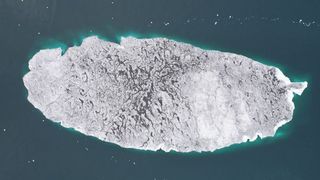
Surprised Russian school kids discover Arctic island has vanished after comparing satellite images
By Harry Baker published
A student-led project comparing satellite images of the Arctic has discovered that a small Russian island has recently vanished after "completely melting" away.
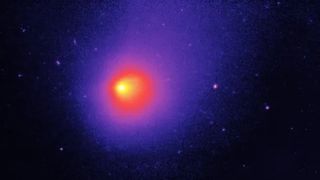
Mysterious, city-size 'centaur' comet gets 300 times brighter after quadruple cold-volcanic eruption
By Harry Baker published
The cryovolcanic "centaur" comet 29P/Schwassmann-Wachmann has erupted four times in less than 48 hours, becoming unusually bright in the process. It is the most powerful outburst from the city-size oddball in more than three years.
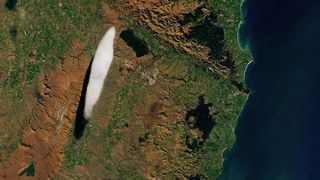
Earth from space: Bizarre 'pet cloud' reappears above its favorite spot in New Zealand
By Harry Baker published
A recent satellite image captured the reemergence of a unique, UFO-like cloud, known as the "Taieri Pet," which appears above New Zealand's South Island when conditions are just right.
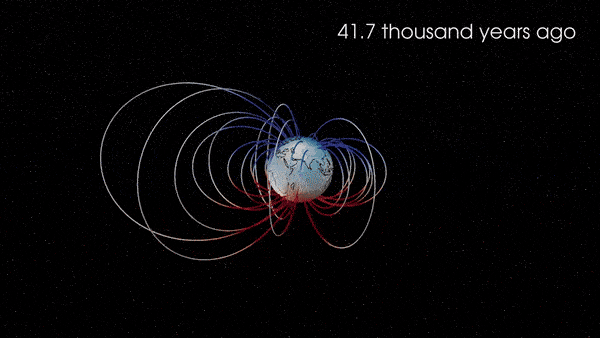
Listen to haunting sounds of Earth's magnetic field flipping 41,000 years ago in eerie new animation
By Harry Baker published
A new video shows how Earth's magnetic field weakened and warped before temporarily flipping during a recent "polar reversal event."
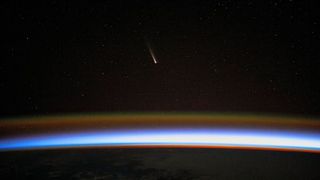
Scientists discover bright 'sungrazer' comet that could be visible with the naked eye this month — after Tsuchinshan–ATLAS
By Harry Baker published
Newfound comet C/2024 S1 will light up Earth's skies in late October before a super close slingshot around the sun.
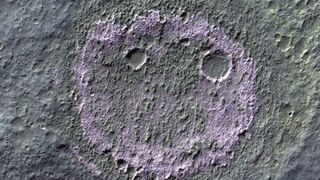
Scientists spot ancient 'smiley face' on Mars — and it could contain signs of life
By Harry Baker published
Newly released images of Mars reveal a "smiley" salt deposit on the Red Planet's surface. A related study suggests that similar deposits, which were left behind from ancient lakes, may be a good place to look for signs of former life on Mars.
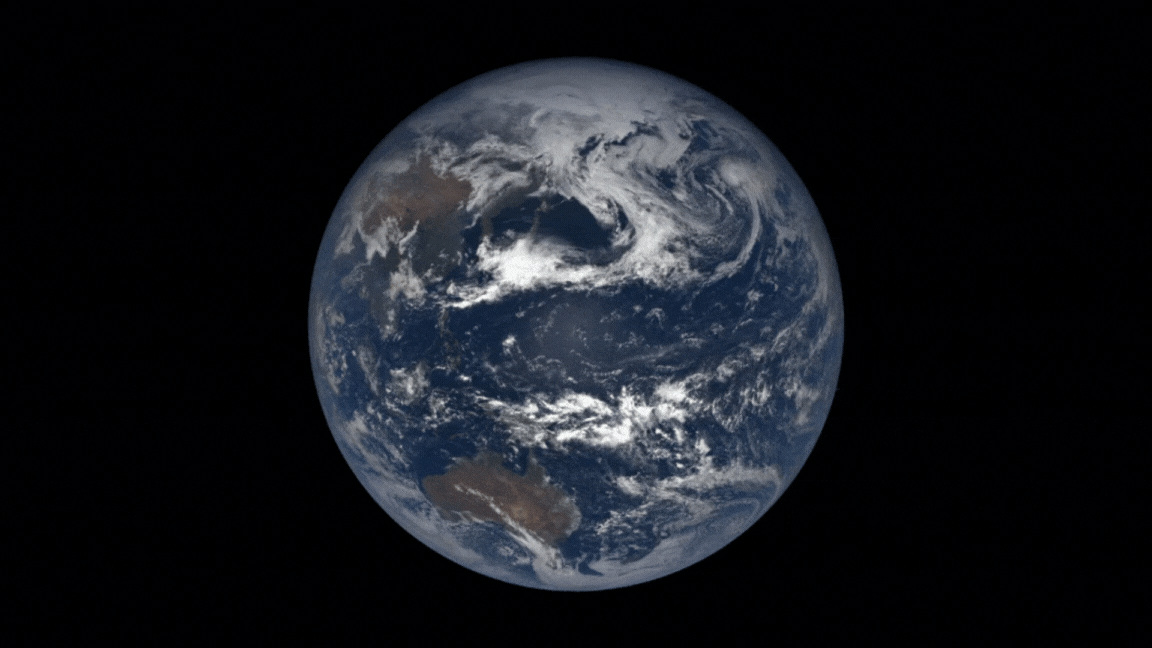
Earth is wobbling and days are getting longer — and humans are to blame
By Harry Baker published
New studies, which utilized AI to monitor the effects of climate change on Earth's spin, have shown that our days are getting increasingly longer and that our planet will get more wobbly in the future. These changes could have major implications for humanity's future.
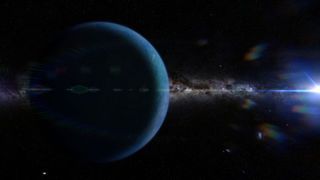
How long would it take to reach Planet 9, if we ever find it?
By Harry Baker published
Some experts believe that the solar system's hypothetical ninth planet could be just a few years away from being discovered. If this is the case, how long would it take for humans to send probes to the elusive world?
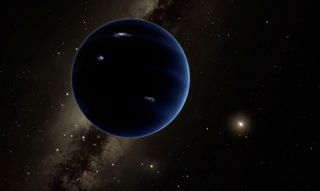
Planet Nine: Is the search for this elusive world nearly over?
By Harry Baker published
Astronomers have been scouring the outer solar system for signs of a hypothetical ninth planet for almost a decade, without success. However, we may finally be on the cusp of finding it, experts say.
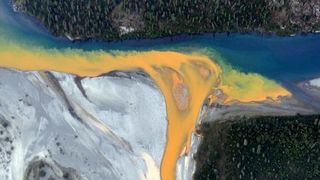
Alaska's rivers are turning bright orange and as acidic as vinegar as toxic metal escapes from melting permafrost
By Harry Baker published
Alaska's melting permafrost is dumping toxic metals into the state's rivers, turning them bright orange and making the water highly acidic. The contaminated rivers are so vibrant they can be seen from space, and the problem is likely to get much worse in the future.
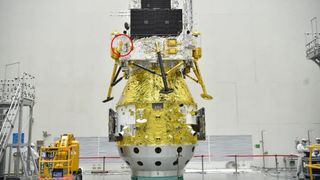
China just sent a secret mini-rover to the far side of the moon on its Chang'e 6 sample-return probe
By Harry Baker published
A tiny, previously undisclosed lunar rover has been spotted strapped to the side of China's moon-bound Chang'e 6 lander in newly released pre-launch photos. The true purpose of the rover, which is scheduled to land on the moon's far side, remains a mystery.
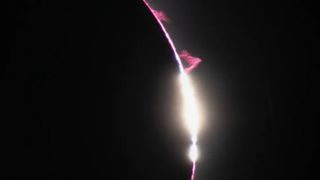
No, you didn't see a solar flare during the total eclipse — but you may have seen something just as special
By Harry Baker published
Several media outlets have incorrectly claimed that explosive solar flares were spotted during the April 8 total solar eclipse. But there were no flares during totality, so what did people see?

Thousands of hidden meteorites could be lost forever as they sink in Antarctic ice, taking their cosmic secrets with them
By Harry Baker published
A new study warns that 5,000 meteorites could be sinking beneath Antarctica's icy surface every year as a result of climate change, depriving scientists of vital information about our solar system.
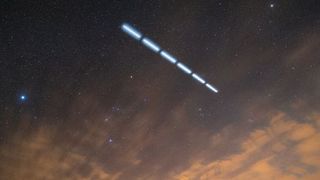
Dying SpaceX rocket creates eerie 'dashed' line in new photos. What's going on?
By Harry Baker published
New images show a glowing "dashed" line in the night sky above Arizona after part of a SpaceX Falcon 9 rocket fell back to Earth following a double-header launch.
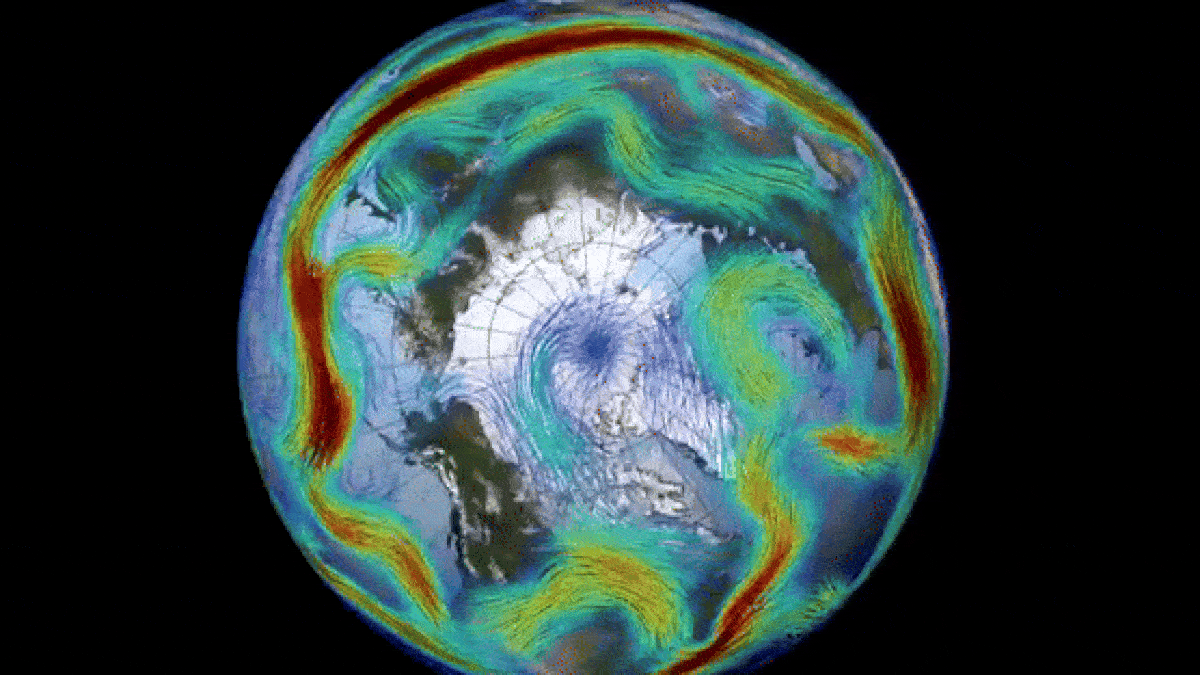
Polar vortex is 'spinning backwards' above Arctic after major reversal event
By Harry Baker published
Earlier this month, a sudden atmospheric warming event caused the Arctic's polar vortex to reverse its trajectory. The swirling ring of cold air is now spinning in the wrong direction, which has triggered a record-breaking "ozone spike" and could impact global weather patterns.
Breaking space news, the latest updates on rocket launches, skywatching events and more!

